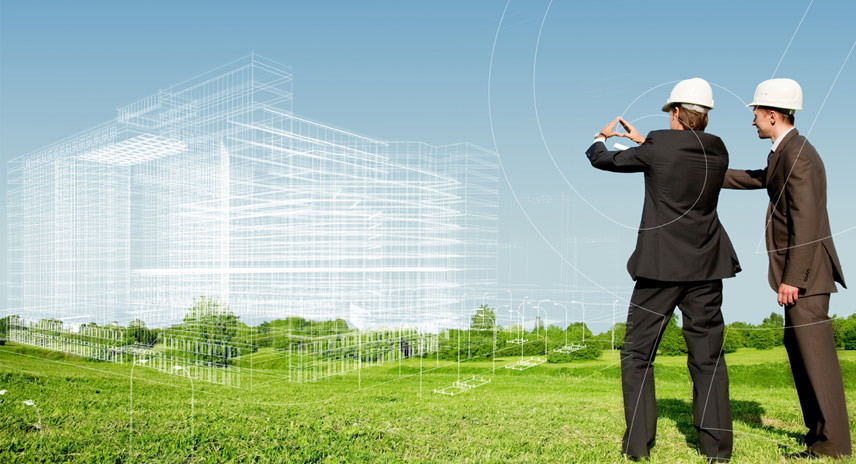The Function and Influence of Property Developers in Shaping City Landscapes
The Function and Influence of Property Developers in Shaping City Landscapes
Blog Article
Property developers form the backbone of the real property industry. They are responsible for the development, transformation and enhancement for urban environments. By utilizing their knowledge, insight as well as financial expertise the key players manage the creation of residential, commercial, as well as mixed-use structures, thereby shaping the fabric of our communities. Understanding their pivotal importance and influence is crucial in understanding the dynamics in the real estate sector.
In the forefront of the property industry is the vision to transform the vacant property or unutilized land into a viable, profitable asset. Developers set out on this path by armed with market research feasibility studies, as well as financial projections. They identify opportunities, assess risk, and formulate plans that align with market demand and investors' expectations. If it's developing mixed-use projects in cities or master-planned communities that are located in suburban regions, developers work to find a balance between profit and social and environmental considerations. The initial stage sets the foundation for the entire project's development, and can influence designs, investment plans as well as the timeline of projects.
The pursuit of profitability can often clash with more general societal concerns. One of the contentious issues surrounding property developers is the phenomena of at times, gentrification. While they are investing in neglected communities or old districts the property value rises in order to attract wealthy people and businesses. This brings revitalization to areas once drained of life but it also displacing local businesses and residents who are long-time residents increasing socio-economic inequality. In the battle to balance revitalization with conservation of identity for communities and the affordability of housing remains a problem for both policymakers and developers alike.
Beyond the bricks and mortar Developers of property have significant influence over the socioeconomic fabric of the communities they serve. They can be catalysts for business growth and attract businesses, investors, and people who were once abysmal to the area. In reviving abandoned neighborhoods or revitalizing outdated structures developers are contributing to the revitalization of cities and the cultural revival of cities. However, this transformative power can also cause concerns over displacement, gentrification, and the erosion of local identity. As the stewards for change developers need to engage in open dialogue with the those who are involved, encouraging inclusive development which is good for all people in the society. To acquire added information please head to https://akisama.com.my/
However, the work of property developers has not been without controversy, as their activities can sometimes be viewed as negative or disruptive to current communities. Displacement, gentrification, and affordable issues are common in rapidly developing neighborhoods and raise concerns over equality and social inclusion. Some critics argue that uncontrolled development is a way of putting profit over the long-term needs of residents creating income inequalities and ethnic homogenization. The balance between the needs of different stakeholders, including residents, the policymakers and investors is essential to mitigate the challenges that arise and encourage an environment that is sustainable for urban development.
Looking into the future, the role of property developers will continue to change in the face of changes in the demographics of people, urbanization trends and challenges across the globe. A growing demand for mixed-use projects, transit-oriented communities, and places that promote wellness will define the next wave of development. Additionally, the need to tackle climate change as well as promote social equity will drive developers to seek out innovative strategies and collaborations. This dynamic and ever-changing landscape requires flexibleness, adaptability and a proactive mindset will be the distinguishing factor for trailblazers who are redefining the limits of possibilities within the field of real property development.
